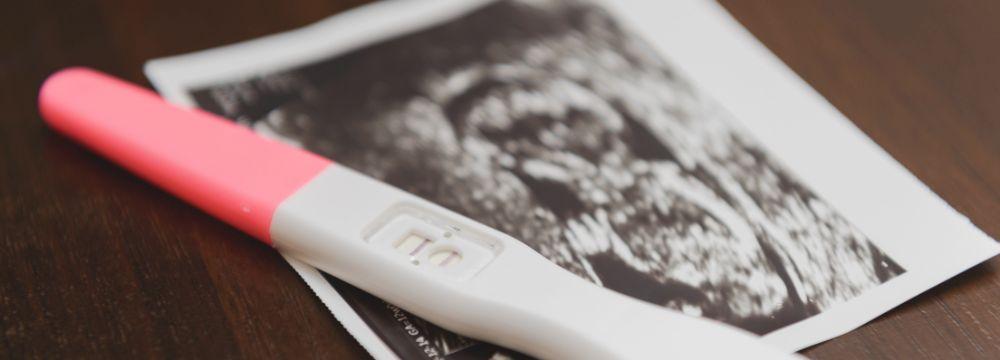
Some of the most heart-wrenching stories from our patients come from their struggles trying to get pregnant. Obesity and its related diseases often cause years or even decades of trying to have a child without luck. On the flip side, one of the most gratifying parts of our jobs is seeing bariatric patients who have lost weight and regained the ability to have children. These bariatric babies, as we call them, are incredible to behold and truly make our jobs worthwhile, even on the toughest of days.
A Note on Female Fertility
An archaic and, unfortunately, still prevalent thought on fertility is that it is primarily a female problem. However, modern research into reproductive health has shown that approximately 33% of fertility issues are male-caused, 33% are female-caused, and both males and females cause 33%. As such, it’s important that if you have fertility issues – typically unable to conceive after one year of trying – both partners visit appropriate fertility specialists to understand their options.
Can I Get Pregnant After Losing Weight?
Pregnancy for those suffering from obesity may be more likely after surgery. One of the many obesity-related conditions is infertility due to hormonal imbalance. A direct result of this hormonal imbalance is that many obese women cannot get pregnant or, even if they do, may have a greater risk of miscarriage.
Hormonally, weight loss surgery patients’ bodies will begin to stabilize at their new lower weight, leading to normalized estrogen and testosterone levels (remember, both men and women have both hormones). Further, weight loss surgery has proven effective at reducing weight and the diseases associated with morbid obesity, including type II diabetes which, when uncontrolled, can be very harmful during pregnancy.
This is not to say that all fertility issues are caused by excess weight and obesity. Some men and women cannot conceive naturally and may require advanced fertility procedures, and others may have to consider adoption. As with any medical concern, it’s important to go into the process with an open mind and listen to your medical team. This ensures you get the best information and make the most appropriate decision.
Thoughts on Getting Pregnant
While weight loss surgery is a viable option to regain fertility and become pregnant, it is essential to know that those who have undergone a weight loss surgery procedure should not get pregnant for approximately 18 months after surgery. Their weight and resulting hormonal imbalances must stabilize before they have the baby to minimize the risk of complications during pregnancy.
Notably, during the weight loss phase, patients may not consume sufficient calories, vitamins, and minerals to nourish themselves and their unborn child. Typically, by 18 months to two years, patients have normalized their diet to the point where they can sustain a pregnancy without too much concern.
The healing process takes time, and every patient responds to surgery differently. Patients should speak to their doctor or surgeon as they decide whether they wish to conceive, ensuring they are ready for the physical and emotional strains that pregnancy creates.









